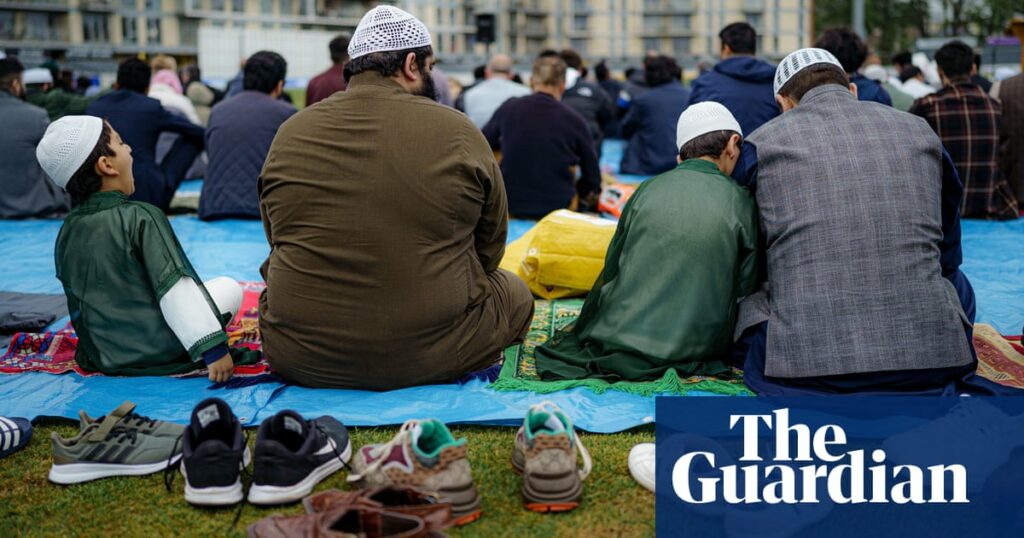200 plus illegal healthcare centers found in Punjab

Islamabad, Pakistan: Over 200 illegal treatment centres found in Pakistan’s Punjab province in 11 districts closed last month.
The move comes under the anti-quackery drive of the PHC. The commission’s enforcement teams raided around 1,473 treatment centres and found that 367 quacks had abandoned quackery, while 78 centres had become legal as qualified physicians had started treating patients there, the PHC spokesperson said on Sunday as quoted by The Express Tribune.
The spokesperson added that around 752 treatment centres continue to be under the team’s surveillance.
Around 604 outlets were raided in the Lahore district and 122 illegal centres were closed down. A total of 231 outlets were raided in Multan city and 45 were closed down.
In Rawalpindi, 205 centres were raided and 28 businesses were sealed, local media reported.
A total of 19 outlets in Kasur, nine in Muzaffargarh, eight in Bahawalnagar and seven each in Nankana Sahib and Sargodha were closed down along with five each in Chakwal, Sheikhupura and Jhelum.
Notably, several foreign pharmaceutical multinational corporations (MNCs) are planning to move out of Pakistan after the government imposed heavy taxes on active pharmaceutical ingredients (APIs) and other raw materials which has led to a spike in production costs.
Hundreds of patients are suffering due to a shortage of important medicine as particular brands are not available in the market.
Earlier, pharmaceutical companies only paid tax on packaging materials. They did not pay sales tax on active pharmaceutical ingredients (API) or other raw materials.
However, the taxes imposed by the government led to a 45 per cent increase in production costs. As a result, around 60 essential medicines, including suicide-prevention drugs, have vanished from the market.
The 17 per cent refundable tax was reduced by the government to 1 per cent non-refundable tax which is imposed at different stages. As a result, there was a 6 to 9 per cent spike in their cost, local media reported.
There was a 4-fold increase in the shipping charges and the Pakistani rupee continued to witness a downward trend. This led to a rise in the price of APIs and other materials.
The 17 per cent discount to the retailers, transportation costs, warehousing, staff roll, etc is included in the MRP. The margin is only 5 per cent. As a result of the currency fluctuations, the retailers have to increase their prices.
Pakistan is now perceived by international investors as a country with high default risk amid the ongoing economic crisis.
